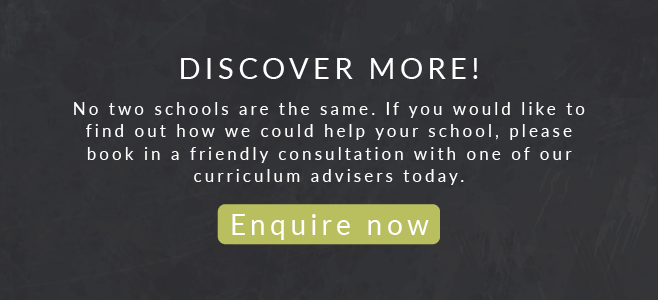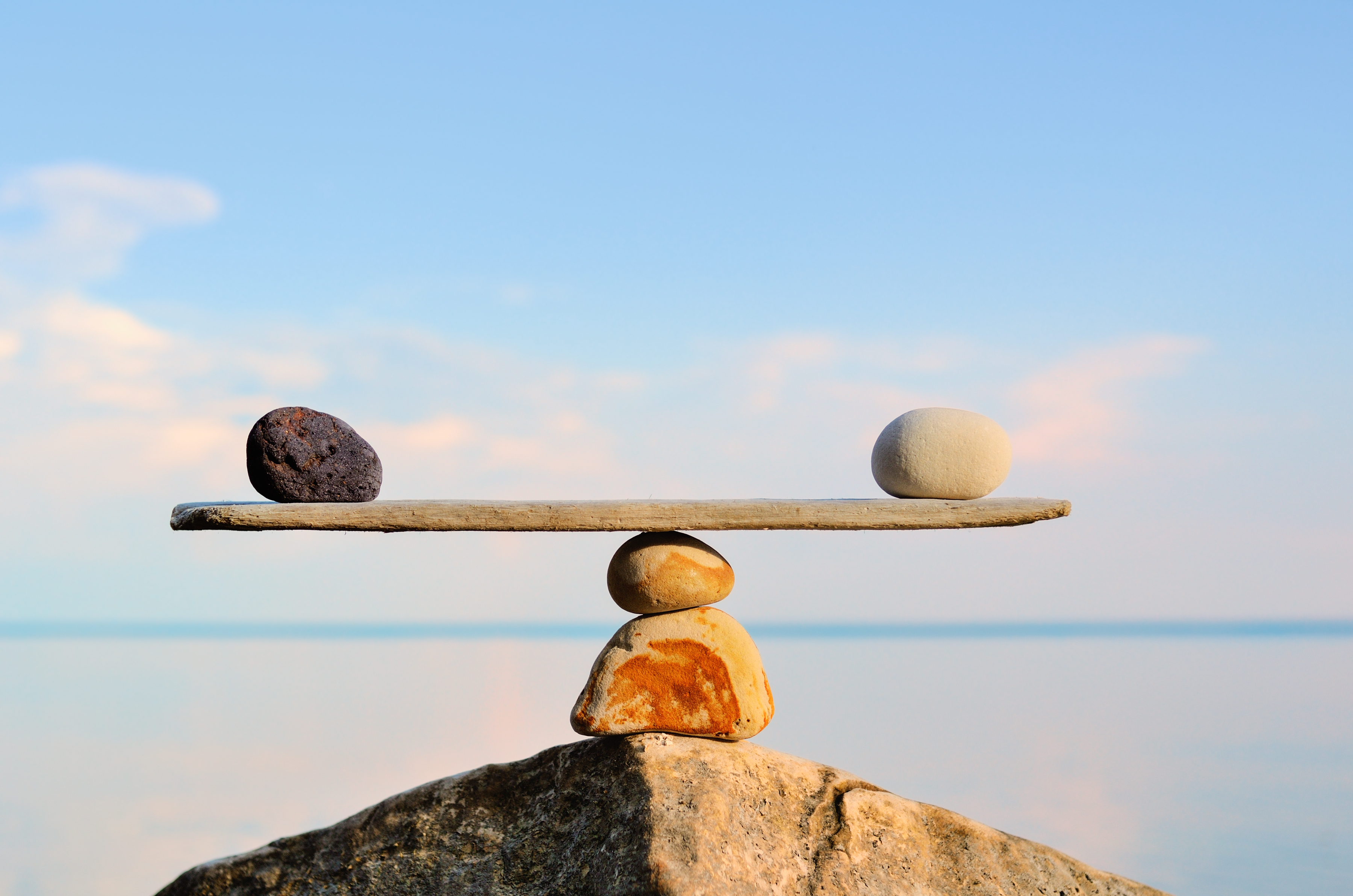In 2014, the government released a new national curriculum for schools in England. Education secretary Michael Gove made it clear that he admired the work of American educator, E. D. Hirsch and emphasised that the new curriculum would be influenced by it. The result was a national curriculum in the spirit of Hirsch; with much less mention of skills than knowledge.
This ‘knowledge-rich’ approach to the curriculum is now fully embedded in the primary school psyche but there are still many primary schools that place an equal emphasis on the skills of the curriculum.
What are knowledge and skills?
Knowledge
Plato famously determined knowledge as a ‘justified true belief’. And knowledge is just that, the things we know to be true. This includes facts and information we can prove through observation, research or investigation. Regarding the curriculum, children learn knowledge through their experiences and the information we share; this includes specific knowledge or the truths, of each subject discipline.
Skills
A skill is a learned ability to do something well. Skills are developed through the curriculum and our everyday lives. Some skills are considered general skills, for example, teamwork or organisation, and some are considered specialised; for example, in the case of a teacher, you would need to have skills of multi-tasking, communicating and time management, amongst many others. Transferable skills are applicable across different subjects of the curriculum or between areas of work; for example, reading or writing skills. As skills require knowledge, they are also sometimes referred to as procedural knowledge.
Both knowledge and skills combine to enrich the learning experience.
Balancing knowledge and skills
There is unhelpful debate in the education sector about the hierarchy of knowledge and skills in the curriculum. Ofsted’s Ex-Deputy Director for Schools Matthew Purves says to pitch one approach over the other creates a ‘false dichotomy’.
A good primary teacher knows that children need both: knowledge and skills. How can a child gain knowledge without the skills of reading, writing or researching? How can they use the skills of colour mixing without the knowledge of primary colours? These are hypothetical questions of course—a great curriculum has both. This has been proven by research that shows us when children develop the skill of reading, they can access and build a wider knowledge base (Muijs, 2020; Brown, Roediger and McDaniel, 2014).
The goal is a curriculum that values and finds a balance between both knowledge and skills. The question is, how can this be done in practice? Here are a few practical tips for ensuring you have both knowledge and skills in your primary curriculum.
1. Consider each subject discipline
If you have a curriculum already, this is a checking process. However, if you are building your curriculum from scratch, it is a building process. Either way, a good academic exercise is to use the national curriculum programmes of study to check whether your curriculum plans address both the knowledge and skills of each discipline. Where there is an imbalance, you will need to address this.
2. Identify transferable skills
A good curriculum is more than the academic knowledge and subject-specific skills- transferable skills are just as important. But what are they? General transferable skills, such as listening, writing and public speaking, are essential to children’s overall development. The same goes for interpersonal skills, such as working with others and sharing. Both sets of skills are important for children’s education and employment but are also vital to help children to develop their cultural capital and social competencies.
3. Plan lessons mindfully
When teachers plan projects, lessons or activities, they must ensure they are mindful that knowledge and skills are both part of the equation. This means giving children plenty of opportunities to acquire substantial knowledge and to use and apply it. Without this balance, the curriculum can become narrowly focused on imparting knowledge or practising skills without the necessary knowledge to do so.
4. Check your teaching resources
If you want children to develop knowledge and skills, you will need to provide them with the best quality practical and knowledge-based resources you can afford to support planned learning experiences. This means having great quality knowledge organisers, excellent physical resources and a range of high-quality books, texts and information sources. Only then will your efforts in all other areas come to fruition.
Summary
Knowledge and skills are intertwined; therefore, a good primary curriculum provides its learners with a harmonious balance of both. Considering one as more important than the other is a false dichotomy. With balanced plans in place, excellent teachers and best quality information and practical resources- there need be no arbitrary tension between skills and knowledge.
How we help
The Cornerstones curriculum is a finely tuned curriculum with the right balance of both skills and knowledge. To find out more and see how you can achieve the perfect balance…



